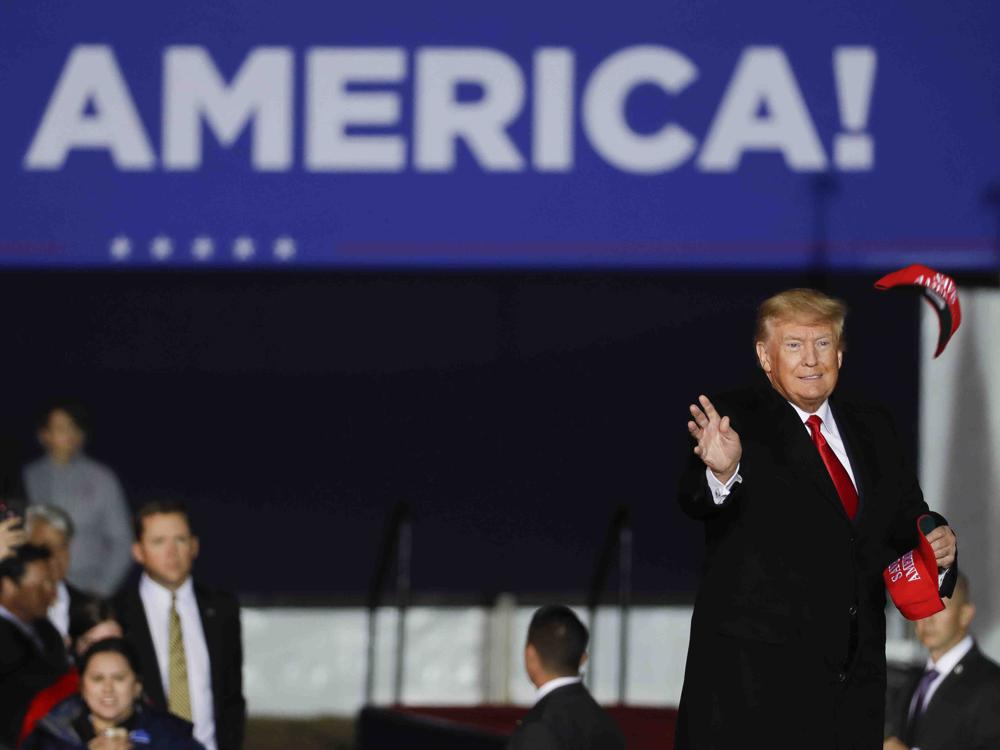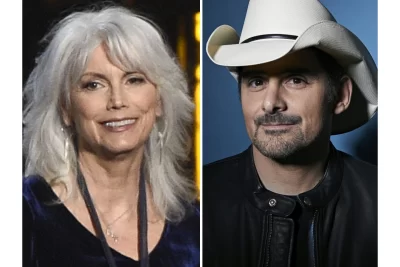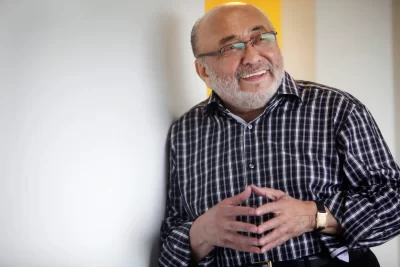
NEW YORK — Looking out at a sea of faces at a Texas fairground, most of them white, former President Donald Trump seethed about his legal troubles and blamed them on malicious prosecutors.
“These prosecutors are vicious, horrible people. They’re racists and they’re very sick, they’re mentally sick,” Trump said, before warning his audience: “In reality. They’re not after me, they’re after you.”
He repeated his charge of racism, but skipped over an obvious detail: Those prosecutors are Black.
His diatribe left the clear impression that Trump, who rode the politics of white grievance into the White House, thinks he can’t possibly be treated fairly by Black officials.
The comments carry the echoes of racist messages that have proliferated in recent years –- that Black people and other minorities are taking power, and that they will exact revenge on white people, or at the very least treat white people as they have been treated.
“These are the same justifications that they use for Jim Crow laws and their mistreatment of African Americans. So this is just a rerun of what we’ve seen in our country,” said one Black district attorney, Brian Middleton of Fort Bend County, Texas, which lies southwest of central Houston.
Trump attacking prosecutors is nothing new. When his business and political dealings are investigated, he often strikes back with accusations of misconduct and witch hunts.
The former president has long been accused of biogtry. Before the 2016 election, Trump called U.S. District Judge Gonzalo Curiel a “hater” who could not be fair to him in a fraud case involving Trump University because of the judge’s Hispanic heritage and because Trump vowed to build a wall between the U.S. and Mexico.
And after 2017 demonstrations by white supremacists in Charlottesville, Virginia, turned violent, he said at a news conference that there were “very fine people, on both sides.”
He had never accused his prosecutors of racism before — but then, until the start of the year, one of those attorneys was Cyrus Vance Jr., who is white.
“It intensifies that discourse and makes it explicitly racial,” said Casey Kelly, a communications professor at the University of Nebraska-Lincoln who for years has pored over transcripts of Trump’s speeches.




